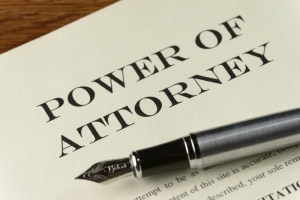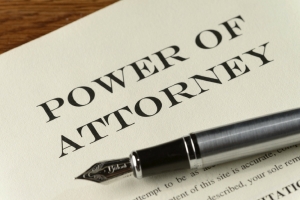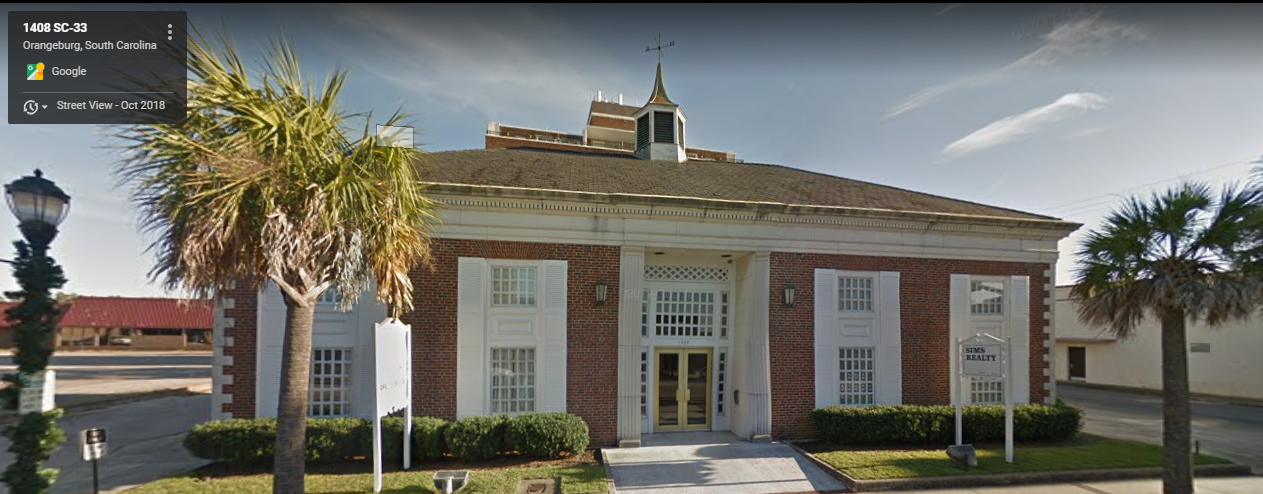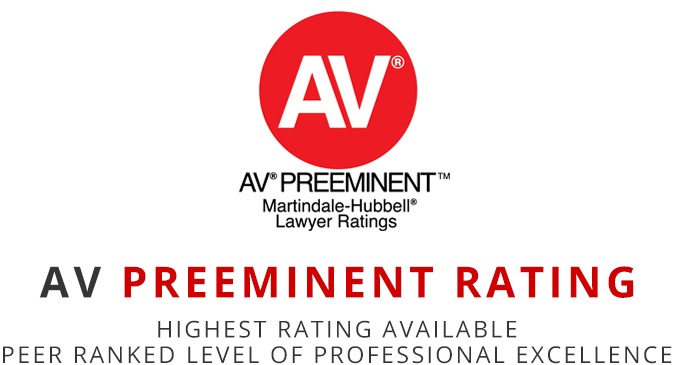Call The Bill Connor Law Firm at: 803 937 9571
Giving another person power of attorney in Orangeburg South Carolina is sometimes necessary, but should only be done after learning about the different types of power of attorney and the associated legal ramifications. In discussing this subject with clients (or those I am advising), I usually explain the importance of executing a power of attorney in certain circumstances. I also provide the options for powers of attorney, and consequences. This usually comes as I am discussing estate planning, and considerations for both usually run together. Power of attorney is given to another to give that person the ability to make critical decisions and take critical actions on one's behalf, usually due to the inability of the person giving power of attorney. The law in South Carolina now allows for providing a power of attorney which (POA) will continue beyond the mental incapacity of the person giving POA. This is called a "durable" POA. One is not required to give a durable POA and may decide they don't want the POA to go beyond incapacity. The person giving POA can also decide what powers to give. A "general" POA gives all powers for signing financial (business, real estate, and banking) related documents. However, the POA can be tailored to offer only specific powers. For example, a POA that allows the person receiving the power of attorney to sign certain specific real estate documents. The most wide-ranging POA would be a general durable Power of Attorney, which gives all powers in survives incapacity to the point of death. A limited non-durable POA would be restrictive. The Power of Attorney Document must be signed in front of two witnesses, notarized, and registered in the County Register of Deeds before it will be accepted by businesses as authoritative. That's why it is important to execute a POA with an attorney. The Bill Connor Law Firm wants you to know, It's important to remember that in giving another a general and durable power of attorney, that person has the power to take all financial related actions as though they were the person who provided power of attorney. Yes, that means the person must be trusted, as they can go to a bank and clear out accounts among other things. Even with a limited POA for certain business transactions, the person can do anything within the scope of the POA and will not be questioned by the respective business. This can be necessary when someone is in a position they cannot conduct business, for example when I was mobilized for over 15 months for a deployment to Afghanistan I had to allow my wife general durable POA. It can also be for when one is in the hospital in a limited state of ability. Of course, POAs can be revoked, but that requires the same requirements of two witnesses and notary and registration with the Register of Deeds. A general durable or more limited POA allows for handling financial matters. Another type of power of attorney allows for making health care decisions for another when incapacity prevents the person giving POA from giving his wishes. This is similar to a living will, as it deals with situations in which the person giving POA is being kept alive by either life-sustaining support or forced hydration/nutrition. The Health Care POA also allows for the decision to donate organs after death. This POA giving three options to the person providing POA: 1. Discretion to the POA holder. 2. Directive not to continue life-sustaining support or forced hydration/nutrition. 3. Directed to continue all life sustainment or forced hydration/nutrition. Most giving POA will just give the decision-making to the person receiving POA. In all cases of giving Power of Attorney in Orangeburg SC, whether general durable, limited, or health care POA, it is critical to have trust in the person receiving Power of Attorney. It is also critical to discuss the POA with the person who will be acting on one's behalf. They will need guidance to act appropriately. This is something to prayerfully consider, and ensure it is done right. If you are in need a Lawyer in Orangeburg SC Call The Bill Connor Law Firm at 803-937-5571










